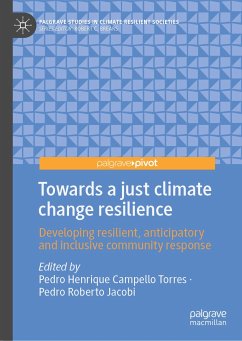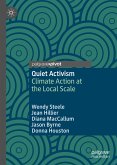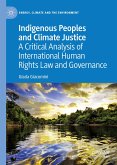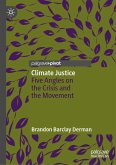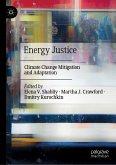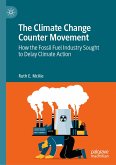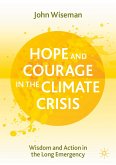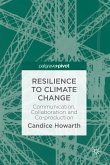- Debra J. Davidson, Professor, Environmental Sociology, Department of Resource Economics and Environmental Sociology, University of Alberta, Canada.
This book provides an accessible overview of how efforts to combat climate change and social inequalities should be tackled simultaneously. In the context of the climate emergency, the impacts of extreme events can already be felt around the world. The book centres on five case studies from the Global South, Latin America, Pacific Islands, Africa, and Asia with eachone focused on climate justice, resilience, and community responses towards a just transition. The book will be an invaluable reference for advanced undergraduates and postgraduate students, researchers, policymakers, and practitioners in environmental studies, urban planning, geography, social science, international development, and disciplines that focus on the social dimensions of climate change.
Pedro Henrique Campello Torres is a Researcher at the Institute of Energy and Environment, University of São Paulo, Brazil. He is currently a Research Fellow of the Earth System Project and IPCC Expert Review. His research focuses on climate change inequalities, climate and environmental justice with a particular emphasis on urban planning, decoloniality and participatory approaches.
Pedro Roberto Jacobi is Full Professor in Institute of Energy and Environment, and coordinates the Environment and Society working group at the Institute of Advanced Studies, University of São Paulo, Brazil. Professor Jacobi is currently President of the Board of ICLEI South America and integrates the Advisory Board of the South American Institute for Resilience and Sustainability Studies. His research centres on social learning and environmental governance focusing on issues related to water and solid waste management.
Dieser Download kann aus rechtlichen Gründen nur mit Rechnungsadresse in A, B, BG, CY, CZ, D, DK, EW, E, FIN, F, GR, HR, H, IRL, I, LT, L, LR, M, NL, PL, P, R, S, SLO, SK ausgeliefert werden.

